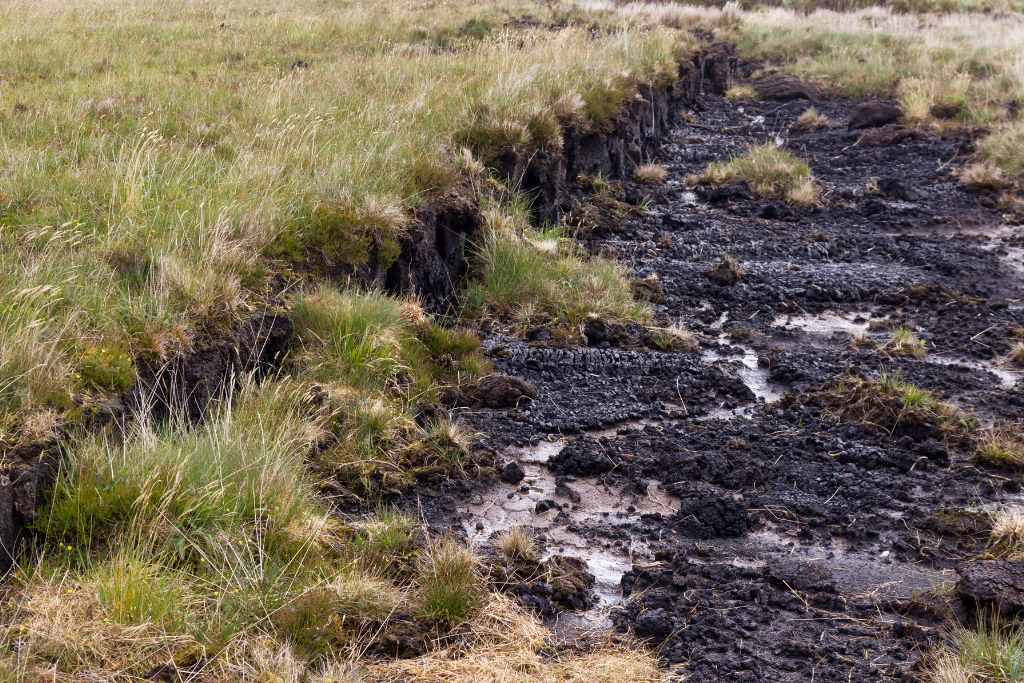The blow comes after the European Parliament adopted a watered- down version of the critical nature restoration law in February.
—
At least six European Union member states on Monday suggested they would not support a new law aimed at restoring the bloc’s degrading habitats and ecosystems, marking a potential blow to a legislation two years in the making.
The nature restoration law, a crucial part of the bloc’s green agenda, is also one of the biggest environmental policies the EU has ever put forward.
In order to meet the established target of restoring at least 20% of the EU’s lands and seas by decade’s end, member states will be required to restore at least 30% of their land and sea habitats covered by the law by 2030 – including forests, grasslands, and wetlands but also rivers, lakes, and coral beds – increasing to 60% by 2040, and 90% by mid-century. They would also be expected to adopt national restoration plans detailing ways in which they plan to achieve these targets.
A vote to pass the law at the Council scheduled for Monday, which followed the Parliament’s adoption with 329 votes in favour, 275 against, and 24 abstentions in February, was cancelled after Hungary unexpectedly withdrew its support.
Hungary’s U-turn effectively wiped out an already slim majority of countries in favour of the legislation. Hungary joined Italy, the Netherlands, and Sweden in opposing the bill, while Austria, Belgium, Finland, and Poland said they intended to abstain in the vote.
According to EU diplomats, the law had already been watered down during negotiations in response to months-long protests by European farmers. Indeed, the Parliament requested the provision of an emergency brake regarding some of the obligations to improve agriculture ecosystems. These include restoring at least 50% of drained peatlands by 2050, with interim targets of 30% by 2030 and 40% by 2040, a move seen as one of the most-effective ways to cut emissions from the agricultural sector.
“The agricultural sector is a very important sector, not only in Hungary, but everywhere in Europe,” Hungary’s state secretary for the environment Anikó Raisz told Reuters on Monday.
Farmers are facing unprecedented challenges as a result of geopolitical tensions and climate change. In particular, back-to-back extreme weather events including droughts, wildfires, and floodings in various European countries have impacted output and revenue, while Russia’s invasion of Ukraine in 2022 contributed to a spike in energy and input prices and affected trade flows. The price of cereals is currently about 30% lower than pre-invasion, from €80.6 billion (US$87.1 billion) in 2022 to €58.8 billion (US$63.5 billion) in 2023.
At the same time, the EU is introducing stricter targets to mitigate the impact of the agricultural sector, the fourth-largest in terms of greenhouse gas emissions in the bloc. One of the way in which it plans to do it is by revamping the €55 billion (US$59.4) Common Agricultural Policy (CAP), the EU’s oldest and costliest policy that implements a system of agricultural subsidies and other programmes. However, farmers argue that the new green rules would decrease competitiveness with countries that have less stringent environmental regulations.
Monday’s events are just the latest blow to the bloc’s highly-contested environmental policy. In a major win for European farmers, the European Commission in February announced last week it would delay green rules that would have required them to set aside land to promote biodiversity and healthy soil.
More on the topic: EU Delays Key Agricultural Policies Amid Mounting Pressure from European Farmers
This story is funded by readers like you
Our non-profit newsroom provides climate coverage free of charge and advertising. Your one-off or monthly donations play a crucial role in supporting our operations, expanding our reach, and maintaining our editorial independence.
About EO | Mission Statement | Impact & Reach | Write for us


















